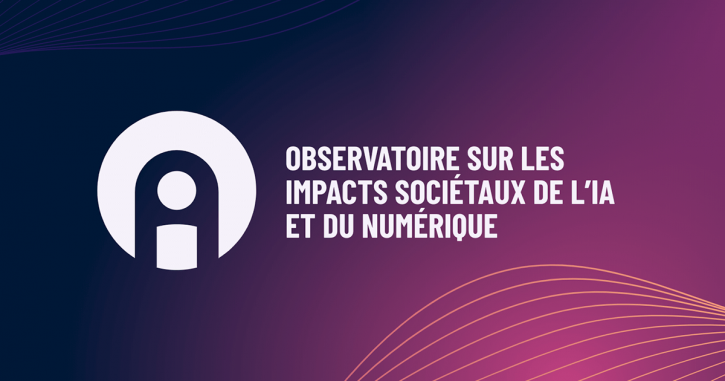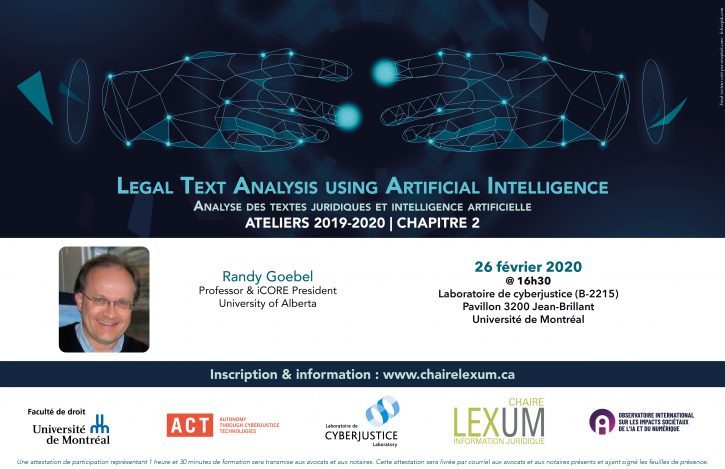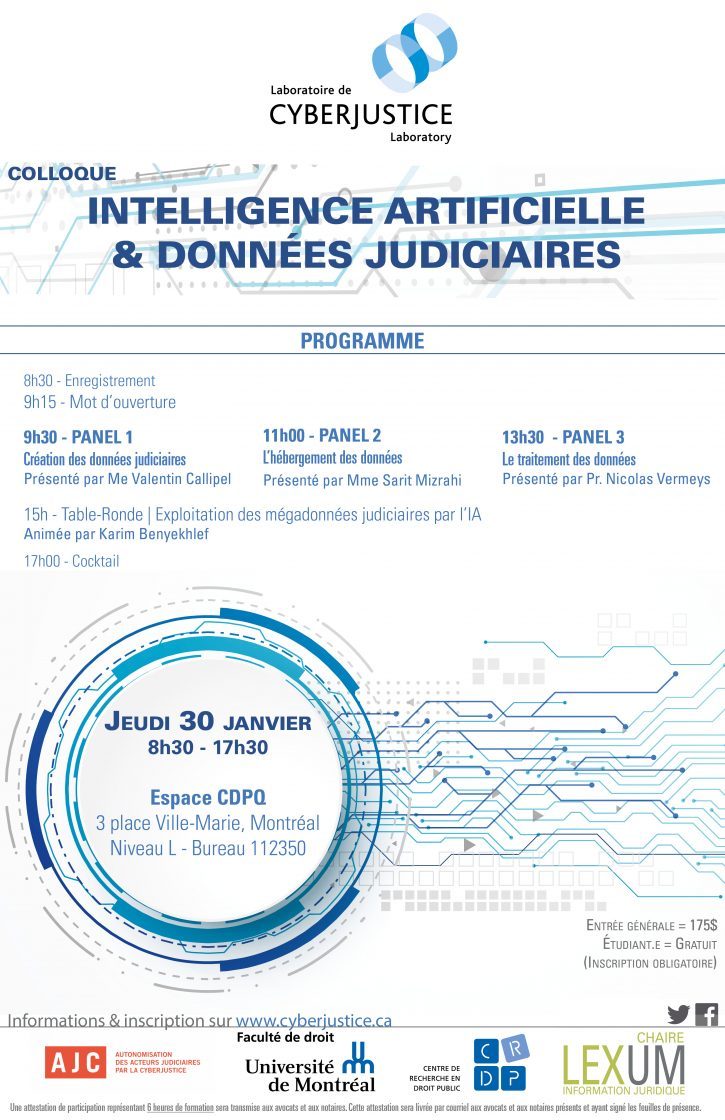2020
In the media
Google, IBM and Microsoft call for AI regulation
With the opening of the 2020 edition of the economic world forum in Davos this week, three tech giants are calling for the regulation of artificial intelligence. Writing in the Financial Times, Sundar Pichai, head of Google, submits that AI is too important not to impose regulation and suggest that some areas like health require […] Read more
Events to follow
Colloque de l’axe travail de l’OBVIA : l’avenir du marché du travail avec l’émergence de l’intelligence artificielle
20 January 2020 Catherine Régis
This content is not available in the selected language. Ce colloque est organisé conjointement par l’axe travail de l’OBVIA, Element AI et le CRIMT (Centre de recherche interuniversitaire sur la mondialisation et le travail) Cette activité vise à créer un dialogue entre les syndicats au Québec, les universitaires et les producteurs d’IA autour des conséquences du déploiement […] Read more
In the media
Marc-Antoine Dilhac porte la Déclaration de Montréal sur la scène internationale
This content is not available in the selected language. Le Forum rapporte que Marc-Antoine Dilhac, professeur de philosophie à l’Université de Montréal, transposera dans les 173 pays membres de l’UNESCO l’expérience acquise par la rédaction de la Déclaration de Montréal pour un développement responsable de l’intelligence artificielle, qui célèbre ces jours-ci son premier anniversaire. «Notre objectif est de […] Read more
In the media
Podcast Lexlab – IA, Canada et Avocats
15 January 2020 Karim Benyekhlef
As part of the "Justice and Algorithms" week, the radio program LexLab made an inventory of AI innovations in Canada and particularly in Quebec. This episode brought together around a table, Pr Karim Benyekhlef - director of the Cyberjustice Laboratory - Pr Gregory Lewkowicz - ACT researcher - as well as Pr Marina Teller to discuss […] Read more
In the media
White House proposes guidelines for regulating the use of AI
The Trump administration unveiled on January 7 a proposal to regulate the use of artificial intelligence which promotes the key principles of "fairness, non-discrimination, openness, transparency, safety and security". The approach is flexible, as it has been stated that it wishes to avoid "top-down, one-size-fits-all, blanket regulations". Some critics, however, argue that it is missing […] Read more
Events to follow
Legal Text Analysis using AI | Chapter 2
This content is not available in the selected language. Conférence en anglais seulement Text and language are the core tools of the legal profession. Analyzing and understanding the information contained in textual documents, such as statutes, case law, contracts and doctrine, is one of the most important skill for any person in the legal field. […] Read more
Events to follow
Vers une démocratie algorithmique?
This content is not available in the selected language. Dans le cadre de son cycle de conférences 2019-2020 « Démocratie, algorithme et information » qui vous propose de porter un regard critique et multi-disciplinaire sur les enjeux d’une société algorithmique dans laquelle se mêlent une confusion informationnelle et un recours grandissant aux outils algorithmiques pour effectuer diverses […] Read more
Events to follow
Intelligence artificielle et données judiciaires
This content is not available in the selected language. Présentation Générées tout au long du processus judiciaire, les données judiciaires sont la base à partir de laquelle l’information judiciaire se construit. L’information judiciaire serait donc une association de données, qui, liées les unes aux autres, sont créatrices de sens. Toutefois, vu leur caractère parfois sensible, […] Read more
News of JusticIA's members
ACT Project in The Lawyer's Daily | Université de Montréal AI initiative seeks to improve access to justice
9 January 2020 Karim Benyekhlef
Nearly a decade after co-founding Cyberjustice Laboratory, a hub that analyzes the impact of technologies on justice while developing concrete technological tools that are adapted to the reality of justice systems, Karim Benyekhlef and Fabien Gélinas have set their sights on artificial intelligence (AI).Autonomy through Cyberjustice Technologies (ACT), the latest brainchild of the Cyberjustice Laboratory, […] Read more









